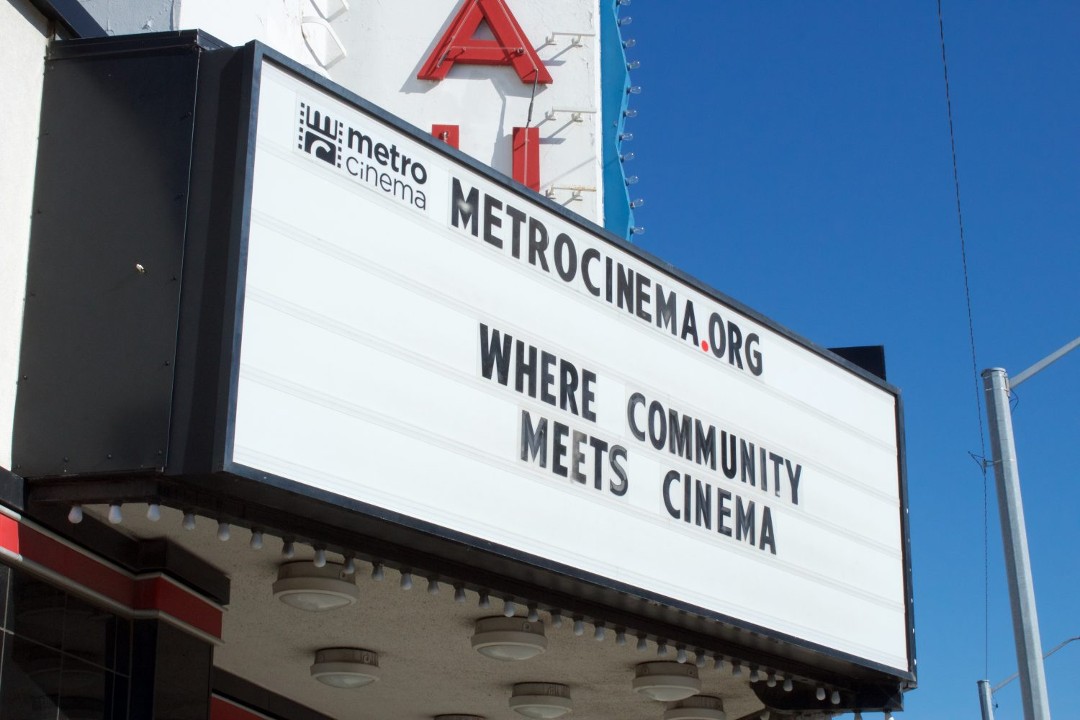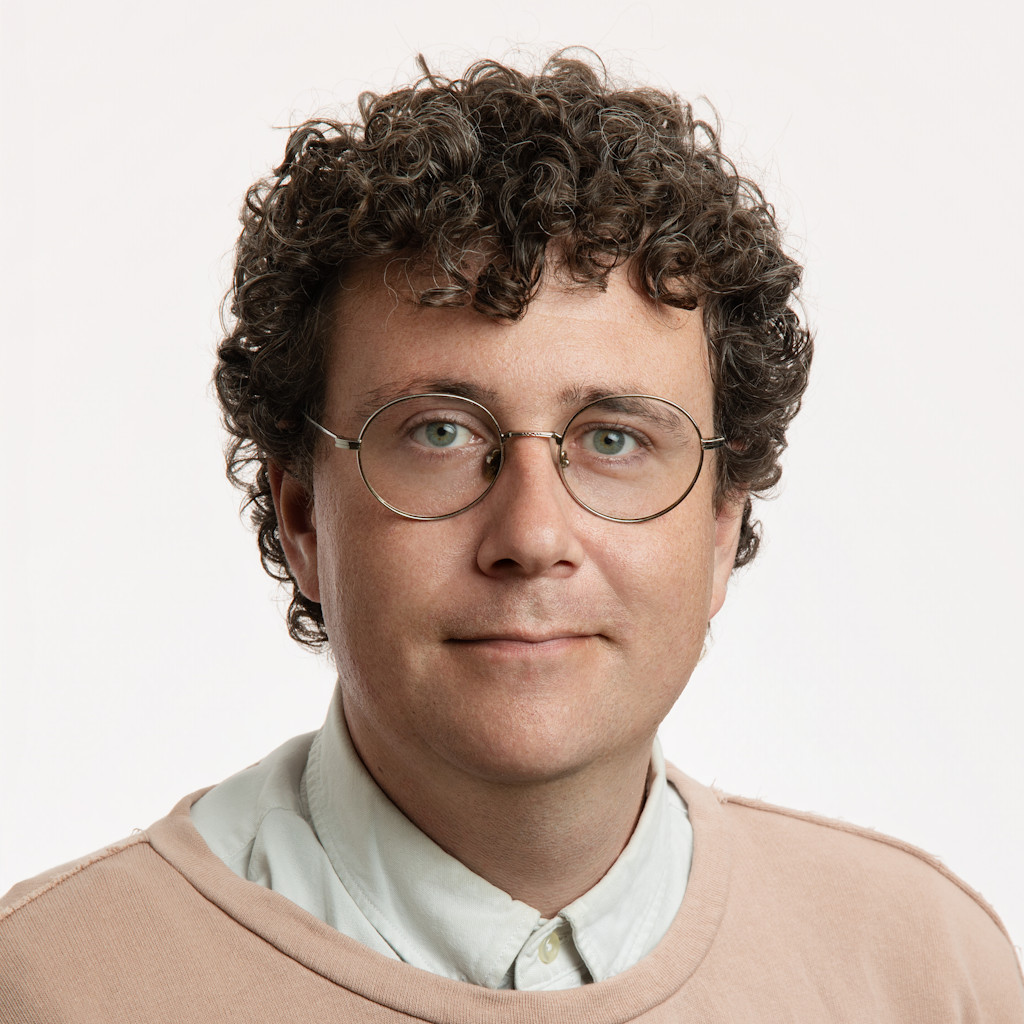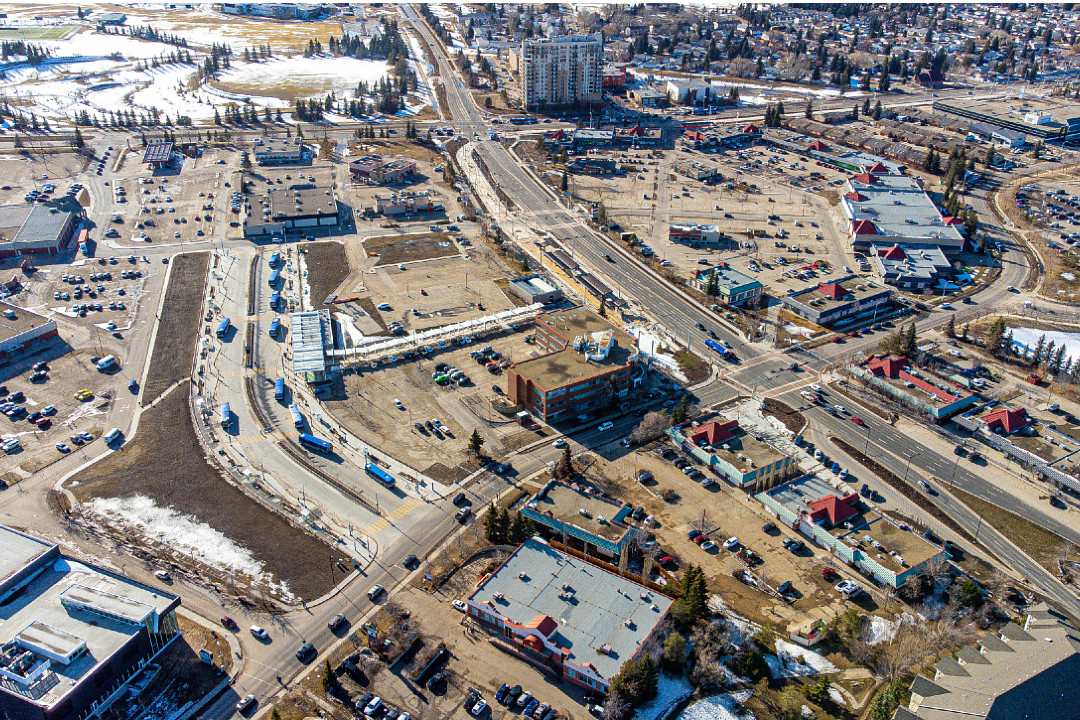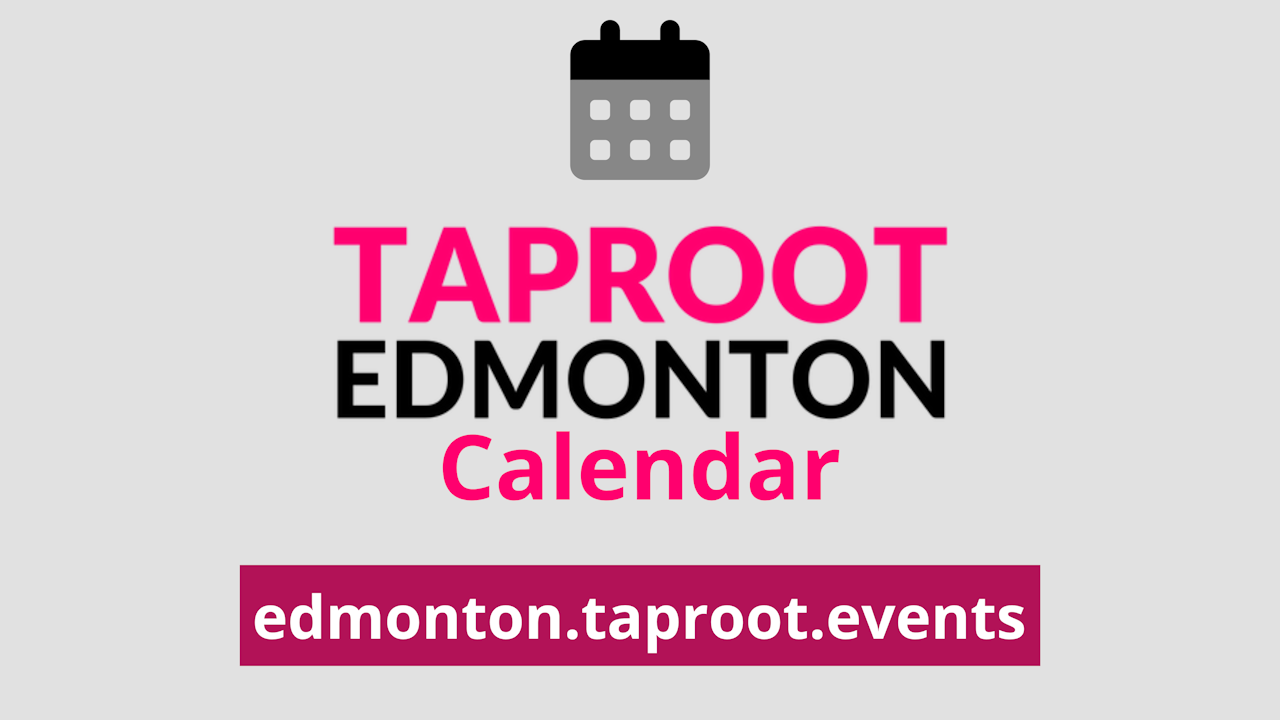
How Metro Cinema puts community on the screen
As Metro Cinema opens its annual call for community programming applications, the non-profit society expects to review roughly 70 proposals and commission up to 15 community-produced series and events — all to reach more people.
"It's written into our mandate that we are a community-based, not-for-profit society," Heather Noel, Metro's programming manager, told Taproot. "So we take that word 'community' really seriously. We want Edmonton as a city involved in deciding what we screen."
Sometimes guest-programmed series at Metro are so popular they become regulars. Nicole Boychuk, who writes about film, art, the occult, and culture on Substack, has organized Not Your Final Girl for the past three years. It explores feminism within horror and genre cinema. Reel Family Cinema, family-friendly films screened for free for children 12 and younger, began as a guest-programmed series. It is now part of Metro's regular calendar.
Submissions can be for one-off events, but Noel said the majority of successful proposals run for a month. This gives the programming team an "anchor" to centre other selections around. The online form includes fields for everything from basic contact details to more thoughtful prompts about a target audience, marketing ideas, and whether there's an option to add components like guest speakers.
Noel said applicants should give thought to answering the questions asked. "I think sometimes people rush the application because they're really excited about the movies they want to screen," she said. "What we're looking for is a way to give depth to the experience. So it's not just seeing a movie, but seeing it and understanding it within a greater context of film or its connections to real-world events, or communities, or whatnot."
Noel began as a volunteer with Metro's programming committee in 2014. She became the full-time programming manager in 2021. The role follows her experience co-owning Alternative Video Spot, which later became The Videodrome (now closed). She then spent seven-and-a-half years at The Film and Video Arts Society, better known as FAVA.
"It's my job to know a lot about the diversity of film, but there's just such a richness to what we can present when we're giving other people, who might have specific niche expertise, or who are connected to different community groups, a space to present films," Noel said. "Films that maybe aren't on our radar, or they are on our radar, but we haven't found a way to prioritize putting them into our programming. I think that helps us."





